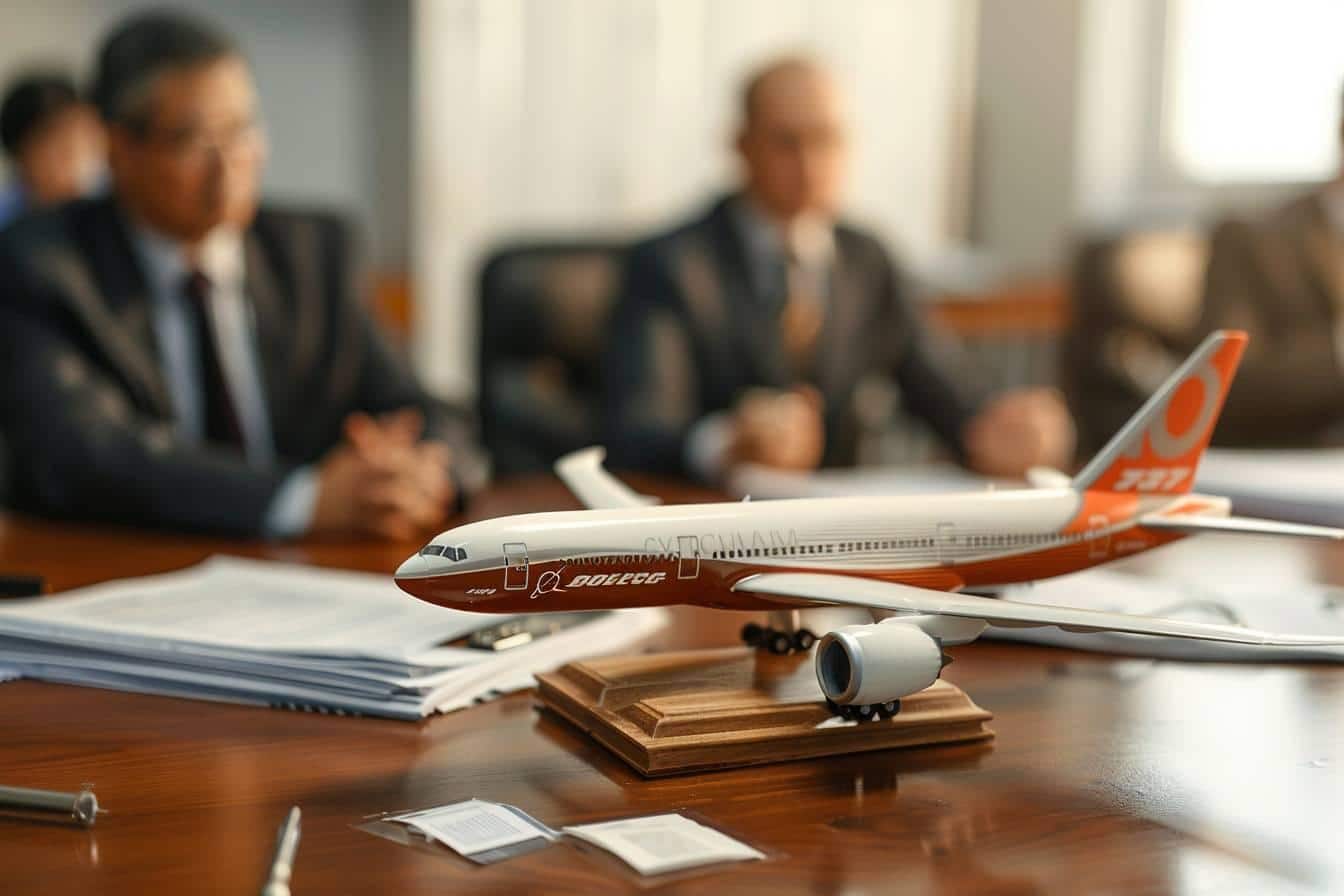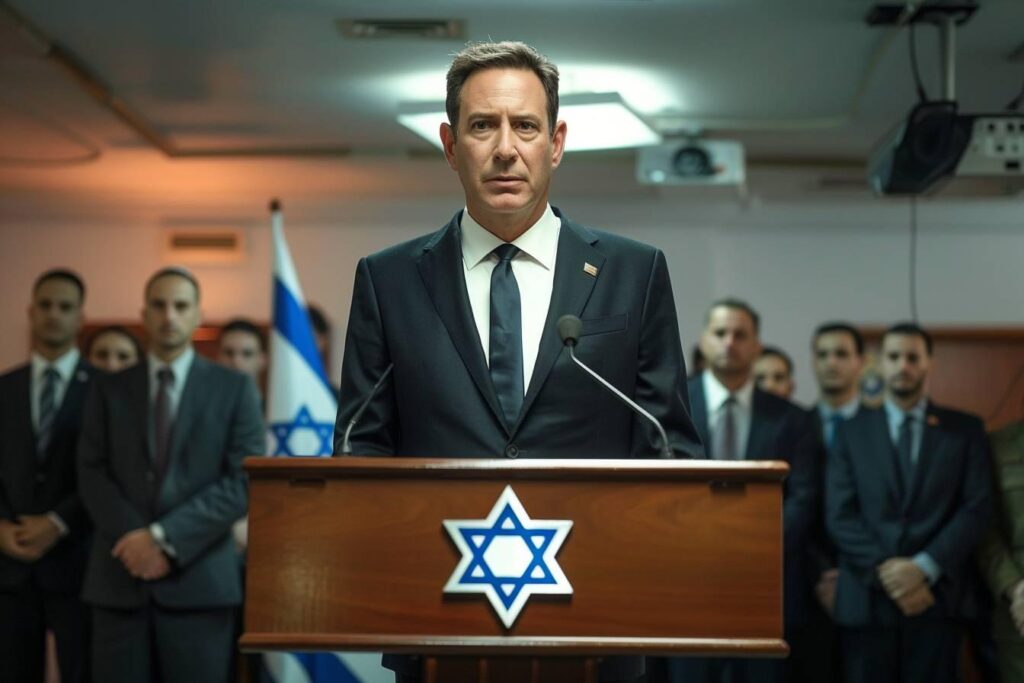Background and Legal Proceedings
Boeing, the aerospace giant, is set to appear in a Texas court this Thursday to face a criminal charge related to the crashes of two Boeing 737 Max planes. These accidents, which occurred in Indonesia in October 2018 and Ethiopia in March 2019, resulted in the tragic loss of many lives and raised serious questions about the company’s safety practices and ethics.
The court appearance marks a significant moment in the ongoing legal saga, with Boeing delegates and family members of the victims convening for a crucial hearing. The legal proceedings will involve two main phases: Boeing’s entry of a plea and the requests from the victims’ families for the court to impose conditions on Boeing, similar to those on any other criminal defendant.
Family Members’ Demands
In a recent filing, the families have outlined their demands, which include the appointment of a court-selected monitor to ensure Boeing is fostering a culture of safety and ethics as promised to the government. They also insist that Boeing’s actions towards achieving these goals be made public.
The legal journey has been fraught with controversy. Boeing was initially charged with a single count of fraud, accused of deceiving the US government to secure regulatory approval for the 737 Max. In a deal with the outgoing Trump administration’s Justice Department, Boeing agreed to pay $2.5 billion—mostly to airlines, but also including a $243.6 million fine—and avoid further criminal charges for three years.
Judicial Oversight and Future Implications
US District Judge Reed O’Connor has mandated Boeing’s court appearance after ruling that the Justice Department violated victims’ rights laws by not informing the families of its secret negotiations with Boeing. The judge has yet to rule on whether Boeing should lose its immunity from prosecution.
Paul Cassell, a lawyer representing the families, expressed hope that the victims’ testimonies will compel the Justice Department to annul the previous settlement agreement. The first passenger flight of the 737 Max occurred in 2017, but the two subsequent crashes were linked to a flawed automated flight-control system known as MCAS, which Boeing had not initially disclosed to airlines and pilots. The system erroneously forced the planes’ noses down based on faulty sensor readings.
Accountability and Corporate Responsibility

The case against Boeing highlights significant issues of corporate accountability and regulatory oversight. The families’ push for stringent monitoring of Boeing’s practices underscores the need for transparency and ethical conduct in the aviation industry. Boeing has already blamed two former employees for misleading the Federal Aviation Administration (FAA) about MCAS, but only one of them, a test pilot, has faced legal action and was acquitted by a jury last year.
The outcome of Thursday’s court proceedings could set a precedent for how major corporations are held accountable for their actions, especially in industries where public safety is paramount. The families’ demands for stricter oversight reflect a broader call for reforms to ensure such tragedies do not recur.
As Boeing prepares to face the court, the world watches closely. The hearing is not just about legal formalities; it is a quest for justice by the victims’ families and a test of the aviation giant’s commitment to safety and ethics. The court’s decision could have far-reaching implications for corporate responsibility and regulatory practices in the aviation industry and beyond.



